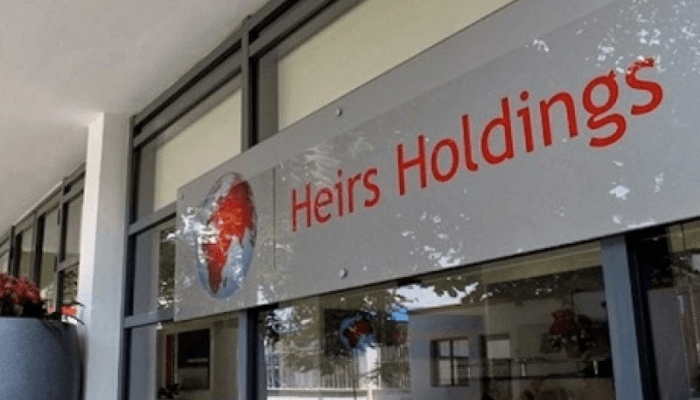Heirs Energies, a leading player in Nigeria’s energy sector, is slated to participate in the forthcoming US–Africa Energy Forum, where it will contribute to discussions focused on achieving energy sufficiency across the continent. Company officials say the event will provide an important platform for showcasing their capacity-building initiatives and exploring how private-sector partnerships can drive reliable energy access in underserved markets.
The forum, scheduled for later this year in Washington, D.C., brings together policymakers, international investors, energy firms, and development institutions to chart pathways toward sustainable power supply in Africa. Heirs Energies is expected to outline its recent projects, including modular solar installations, off-grid solutions, and mini-grid operations tailored to rural and peri‑urban communities in Nigeria and beyond.

According to a spokesperson for Heirs Energies, the company has been expanding its reach in energy-challenged regions, deploying solar mini‑grids with an eye toward eliminating chronic outages and dependence on diesel generators. “We are excited to share tangible examples of how market-based models can enhance energy access while creating jobs and stimulating local economies,” the spokesperson said.
Heirs Energies plans to engage investors and development partners at the forum to mobilize financial backing for scaling its projects. The company will also highlight the need for more enabling policies—including streamlined licensing, tax incentives, and local content rules—to lower barriers to entry and encourage innovation in off-grid energy solutions.
Forum organisers have indicated that debates will revolve around sector-wide challenges such as financing gaps, regulatory uncertainty, and infrastructure bottlenecks. Heirs Energies hopes to leverage the platform to advance a broader argument that decentralized, renewable-backed systems offer cost-effective alternatives where national grids remain unreliable or inaccessible.
In addition to public presentations, Heirs Energies’ leadership is expected to participate in breakout sessions on public-private partnerships, rural electrification strategies, and technology innovation. These discussions are anticipated to be informed by the company’s recent collaborations with local governments and community associations on solar water pumping, home electrification, and micro-entrepreneur support.
The firm’s approach has drawn attention as part of a growing movement among African startups and SMEs using renewable technologies to fill gaps left by central power infrastructure. Heirs Energies has already attracted interest from regional development finance agencies and grant programmes seeking to support scalable off-grid deployment in underserved areas.
Energy sector analysts note that discussions by local innovators like Heirs Energies at global fora help bridge the gap between grassroots implementation and high-level policymaking. Their presence underscores the importance of context-specific solutions in driving energy transitions that are both inclusive and resilient.
As African nations pursue universal energy access goals, access to follow-up financing and support mechanisms remains critical. Heirs Energies intends to use the forum to reinforce the business case for off-grid renewable systems, presenting early-stage return metrics, community impact data, and results from pilot installations.
Observers say that Nigeria currently loses billions annually due to unreliable electricity supply costs—ranging from lost productivity to high operational expenses for businesses forced to rely on generators. Heirs Energies argues that scalable decentralized solutions can reduce those losses while supporting rural livelihoods, job creation, and climate goals.
While the forum is primarily convened in the United States, it attracts many African participants and diasporan investors, as well as multilateral institutions focused on energy access. Heirs Energies’ delegation is expected to include senior executives, project managers, and partner representatives, allowing for networking and bilateral meetings alongside formal engagements.
At a time when achieving energy sufficiency remains a formidable challenge in many African countries, the participation of firms like Heirs Energies in international policy-oriented conversation is seen as a vital bridge: aligning operational ground realities with investment and reform strategies. Their insights may inform the design of future financing mechanisms, regulatory measures, and partnerships capable of expanding electricity access across rural and peri-urban zones.
Heirs Energies’ presence at the US–Africa Energy Forum signals both ambition and advocacy: illustrating how private sector-driven, renewable-based solutions can contribute meaningfully to bridging Africa’s energy deficit, and urging stakeholders to support frameworks that enable scale and sustainability.
Support InfoStride News' Credible Journalism: Only credible journalism can guarantee a fair, accountable and transparent society, including democracy and government. It involves a lot of efforts and money. We need your support. Click here to Donate
